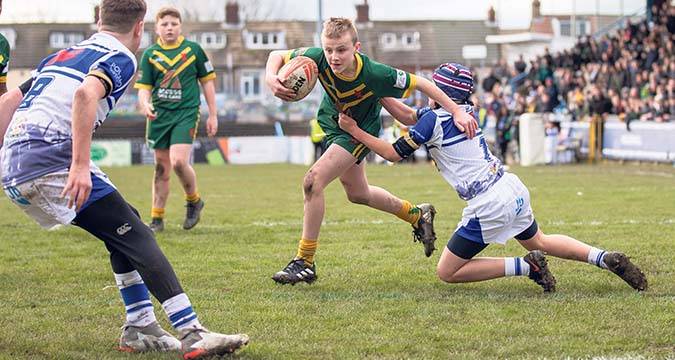 I have discovered that I have failed as a parent – or at least as a rugby league loving parent.
My son, who is a successful musician, recently told me that he couldn’t now name a single rugby league player.
That is despite me having raised him in Wakefield and the fact that he now lives in Manchester, which is the city that houses the hea
I have discovered that I have failed as a parent – or at least as a rugby league loving parent.
My son, who is a successful musician, recently told me that he couldn’t now name a single rugby league player.
That is despite me having raised him in Wakefield and the fact that he now lives in Manchester, which is the city that houses the hea Have I failed in my rugby league parental duty?
 I have discovered that I have failed as a parent – or at least as a rugby league loving parent.
My son, who is a successful musician, recently told me that he couldn’t now name a single rugby league player.
That is despite me having raised him in Wakefield and the fact that he now lives in Manchester, which is the city that houses the hea
I have discovered that I have failed as a parent – or at least as a rugby league loving parent.
My son, who is a successful musician, recently told me that he couldn’t now name a single rugby league player.
That is despite me having raised him in Wakefield and the fact that he now lives in Manchester, which is the city that houses the hea 